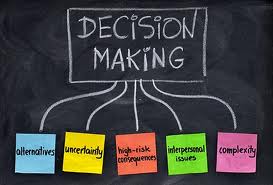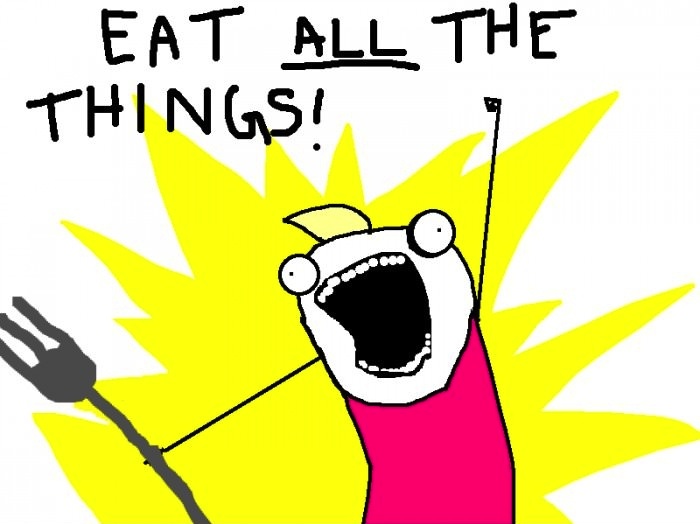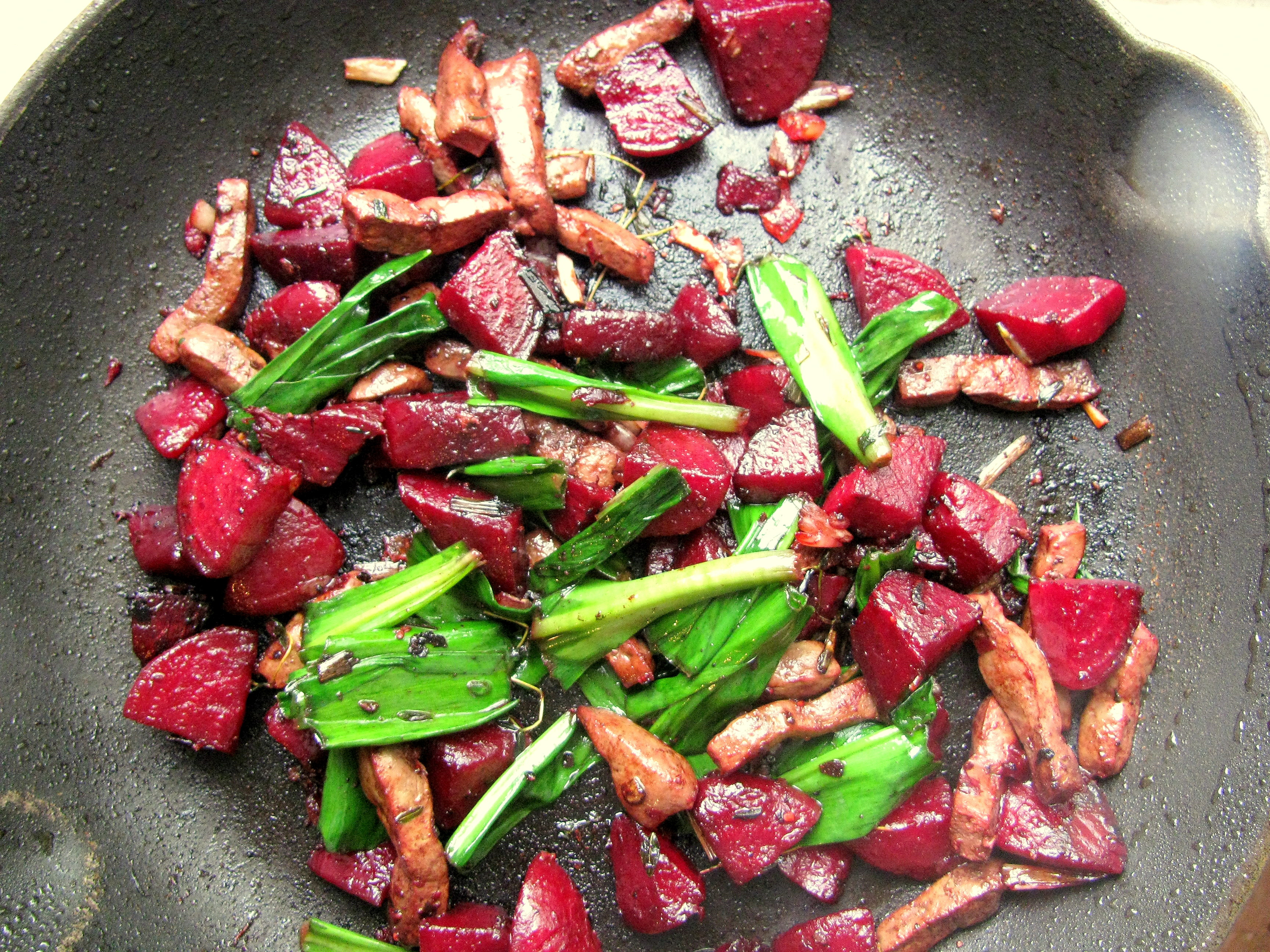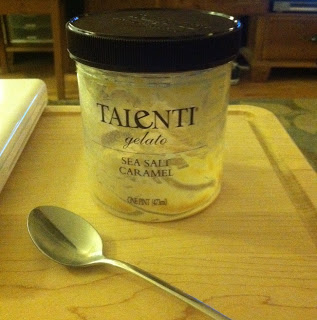Just a quickie today – I read a decent article in The Atlantic about food, our guts, and skin health and a quote popped out that made me smirk:
Maybe if you’re 20 you just have good genes and you can have pizza and beer every day and still glow. But if you’re over 40, often there is a fair amount of kale involved. – Robynne Chutkan, author of Gutbliss
 Yeah, that’s true – taking care of ourselves is a moving target that can shift from year to year, decade to decade. And yet, it is all to easy to find “inspiration” (or the more insidious varieties called thinspiration or fitspiration) for how we should look or feel or perform in people who do not resemble us AT ALL. They are almost always possessing of several attributes that are conveniently forgotten:
Yeah, that’s true – taking care of ourselves is a moving target that can shift from year to year, decade to decade. And yet, it is all to easy to find “inspiration” (or the more insidious varieties called thinspiration or fitspiration) for how we should look or feel or perform in people who do not resemble us AT ALL. They are almost always possessing of several attributes that are conveniently forgotten:
- young
- they are fit for a living
- at the end of a long diet process
- starving and dehydrated on photo shoot day
… those “amazing” looking women on the cover of Shape are – more often than not – dehydrated and almost about to pass out from hunger. They are likely at their lowest weight point of the previous (or upcoming) six months.
In short, THEY DON’T REALLY LOOK LIKE THAT. Just like you don’t look like the 10 years-old photo on your driver’s license, or the tiny and cute avatar that’s been attached to an email account for eons, or the glamor shot used for your corporate bio at your firm. And that’s OK, as long as you see the parallels in the disassociation from reality in both camps.




